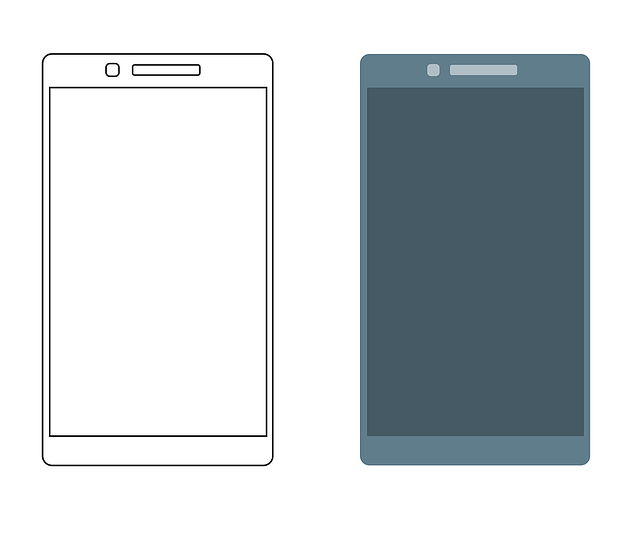Robocalls from spam call law firms in West Virginia have significantly damaged consumer trust and confidence across Northfork's legal sectors, leading to increased skepticism towards legitimate businesses. To combat this issue, local companies must prioritize transparency, adhere to West Virginia's strict Spam Call laws, and take proactive measures such as investing in CRM software, implementing clear communication strategies, and regularly reviewing privacy policies. By doing so, they can rebuild trust and differentiate themselves from fraudulent spam call law firms while benefiting from the state's consumer-focused regulations.
In the digital age, robocalls have become a ubiquitous nuisance, particularly in rural areas like North Fork. While their prevalence escalates, so does consumer distrust in local businesses. This article explores how automated spam calls erode trust among North Fork residents, impacting local economies. We delve into the connection between spam calls and consumer confidence, highlighting West Virginia’s efforts through its Spam Call Law Firms. Additionally, we offer strategies for business owners to rebuild and strengthen community trust.
The Rise of Robocalls and Their Impact on Businesses
In recent years, the rise of robocalls has significantly impacted businesses across Northfork, particularly those in the legal sector. Automated phone systems, often masquerading as legitimate law firms or government agencies, bombard consumers with unsolicited calls, attempting to sell services or gather personal information. While some robocalls promote useful services, many fall into the realm of spam, targeting individuals with misleading messages and scams. This deluge of unwanted calls not only disrupts daily life but also erodes consumer confidence in local businesses, especially law firms operating under the scrutiny of West Virginia’s strict Spam Call laws.
As these automated calls become more sophisticated, they create a perception of mistrust among potential clients. Consumers often question the authenticity of calls claiming to be from well-known law firms or government entities, leading to increased cynicism and skepticism. Consequently, local businesses must work harder to build transparency and trust with their clientele, ensuring every interaction aligns with legal guidelines and fosters consumer confidence in an era where robocalls have become a pervasive nuisance.
Spam Calls and Consumer Trust: A Connection Unveiled
Spam calls have become an all-too-common nuisance, but their impact extends far beyond mere irritation. In the digital age, these unsolicited phone calls, often from call centers or law firms in West Virginia, are eroding consumer trust, especially when it comes to local businesses. With each spam call, customers may feel a growing skepticism about the legitimacy of companies they haven’t contacted and even begin to question the integrity of nearby firms, believing them to be part of a widespread scam.
This perception can be particularly damaging for small businesses that rely on word-of-mouth marketing and community trust. As spam calls continue to flood people’s inboxes, it becomes increasingly difficult for genuine local companies to break through the noise and build meaningful relationships with their target audience. The result is a general decline in consumer confidence, as people learn to be more cautious of unknown numbers and the businesses they represent.
West Virginia's Approach to Protecting Consumers
In West Virginia, consumer protection against intrusive and deceptive practices, including robocalls, is a priority. The state has implemented a robust Spam Call law aimed at holding businesses and telemarketers accountable for their actions. This legislation empowers residents to take action against unwanted calls by providing clear guidelines and penalties for violators. West Virginia’s approach focuses on empowering consumers to regain control of their communication channels, fostering trust in local businesses, and ensuring that consumer confidence remains intact in the face of modern-day digital intrusions.
Through strict enforcement of these laws, West Virginia aims to create a safe and transparent environment for businesses while protecting the rights of its residents. This proactive measure not only deters spam call law firms from targeting innocent citizens but also strengthens the state’s reputation as a defender of consumer autonomy in the digital age.
Strategies for Business Owners to Overcome Trust Barriers
To overcome trust barriers caused by robocalls, business owners in Northfork can take several proactive steps. First, they should invest in high-quality customer relationship management (CRM) software that can filter and block spam calls effectively. This not only reduces the number of unwanted calls but also shows customers that the business is committed to protecting their data and privacy, fostering a sense of trust.
Additionally, businesses should focus on transparency and clear communication. Implementing a call-back system where customers can opt-in to receive important updates from trusted sources, such as local law firms specializing in spam call laws in West Virginia, can help differentiate legitimate communications from fraudulent ones. Regularly reviewing and updating privacy policies and ensuring compliance with relevant regulations further demonstrates a commitment to ethical practices, bolstering consumer confidence.






